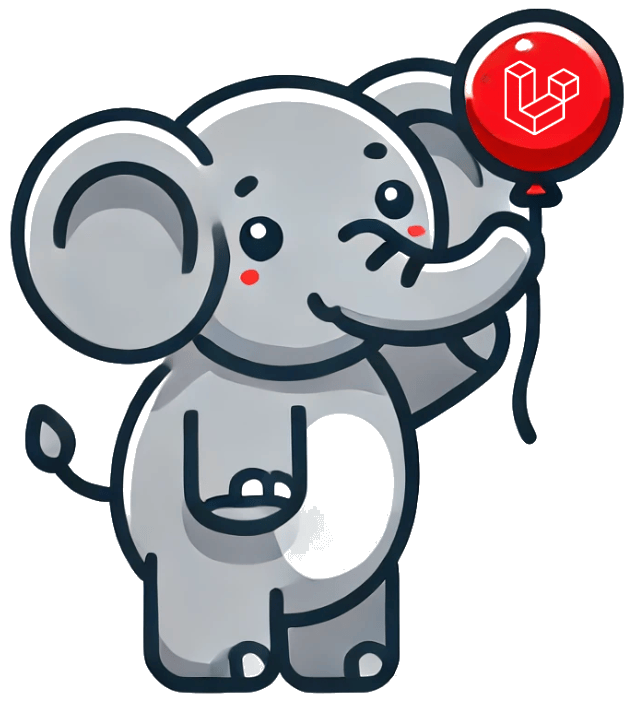Laracon EU 2013
Amsterdam, NL
10 talks
The first European Laracon was organized to strengthen the Laravel community in Europe. The conference focused heavily on Laravel 4 adoption and implementation strategies. The event established a foundation for Laravel's growth in the European market and emphasized community building across different countries.
Software Design Patterns in Laravel 4
A technical talk about software design patterns used in Laravel framework. The speaker covers several key design patterns including Iterators, Observers, Singletons, Facades, and Decorators, explaining how they are implemented in Laravel and their practical applications. The talk includes detailed explanations of each pattern's structure, purpose, and real-world examples from Laravel's codebase.
Laravel Testing Tips, Techniques and Pitfalls
In-Depth with Composer
A detailed talk about Composer package management by one of its core developers. The speaker discusses common misconceptions about Composer, explains the differences between install and update commands, introduces the global command functionality, and provides troubleshooting tips. The talk also covers package versioning, dependency management, and best practices like committing the composer.lock file.
Standardization, the Symfony Way
Fabien Potencier, creator of Symfony, discusses the history and architecture of Symfony framework, its components, and why Laravel chose to adopt several Symfony components. He explains how Symfony provides low-level building blocks for PHP applications, focusing on best practices and standards, while emphasizing the framework's modular design and HTTP abstraction layer.
Objects, Testing and Responsibility
Matt Machuga gives a comprehensive talk about object-oriented programming in PHP/Laravel, focusing on proper object design, testing practices, and code responsibilities. He covers the history of OOP in PHP, explains key concepts like inheritance, traits, and polymorphism, and provides practical guidance on writing testable code while emphasizing the importance of proper object composition and responsible design patterns.
Bridging the Gap
Ben Corlett discusses best practices for PHP package development, focusing on framework-agnostic design and the importance of maintaining package independence from specific frameworks like Laravel. He emphasizes using interfaces, avoiding framework-specific dependencies, and making packages reusable across different PHP frameworks while maintaining clean, maintainable code.
HTTP and Your Angry Dog
Ross Tuck gives a comprehensive talk about HTTP fundamentals, focusing on how developers can better understand and utilize HTTP features. Using an analogy of befriending an angry dog with cheese, he explains concepts like content negotiation, caching mechanisms, ETags, and conditional requests. The talk aims to help developers understand HTTP's 'doggy brain' to better work with it in their applications.
Building Artisan Commands
Taylor Otwell gives a practical talk on building Artisan commands in Laravel, covering basic command creation, dependency injection, and queuing. He demonstrates how to create custom commands, work with the Laravel queue system using different drivers like Beanstalkd, and shares upcoming features like a new debugging command for Laravel 4.1. The talk emphasizes writing reusable code by properly structuring commands and queue handlers.
Engineering Complex Applications with Laravel 4
The speaker discusses his approach to building complex Laravel applications, focusing on architecture and abstraction. He shares his journey from basic MVC to more sophisticated patterns, emphasizing the importance of proper abstraction layers, service providers, and facades. He advocates for writing clean, maintainable code that distributes complexity across well-designed structures while maintaining a beautiful API surface.
The Knowledge of Others
Frank Diama discusses how developers can learn from other developers, frameworks, and programming languages. He explores different approaches to solving common problems, using examples from Python and JavaScript to demonstrate how their solutions can inspire improvements in PHP. He covers topics like event handling, promises, and variadic arguments, while emphasizing the importance of choosing the right tool for each job rather than trying to solve everything in PHP.
